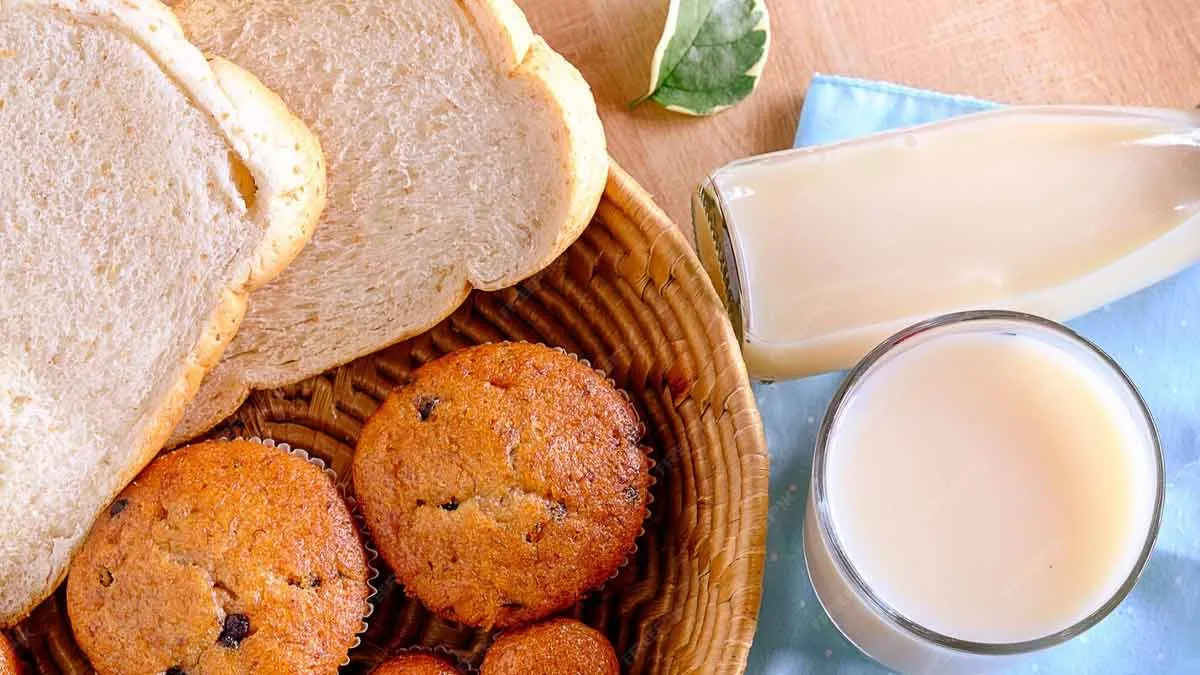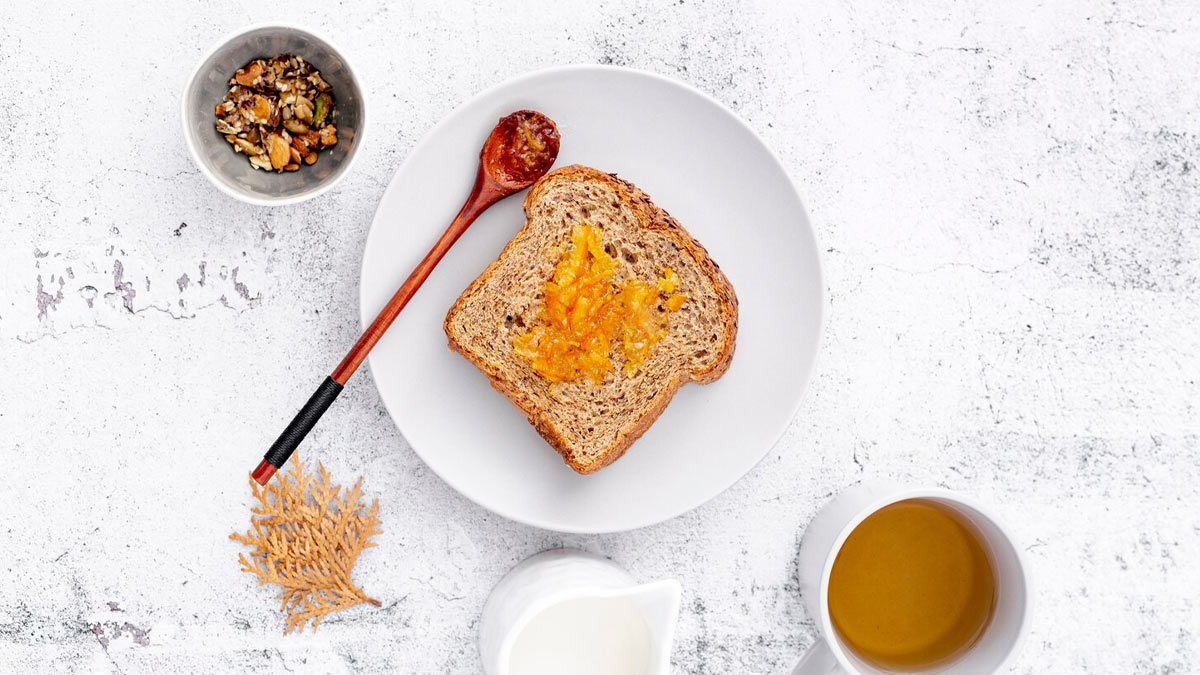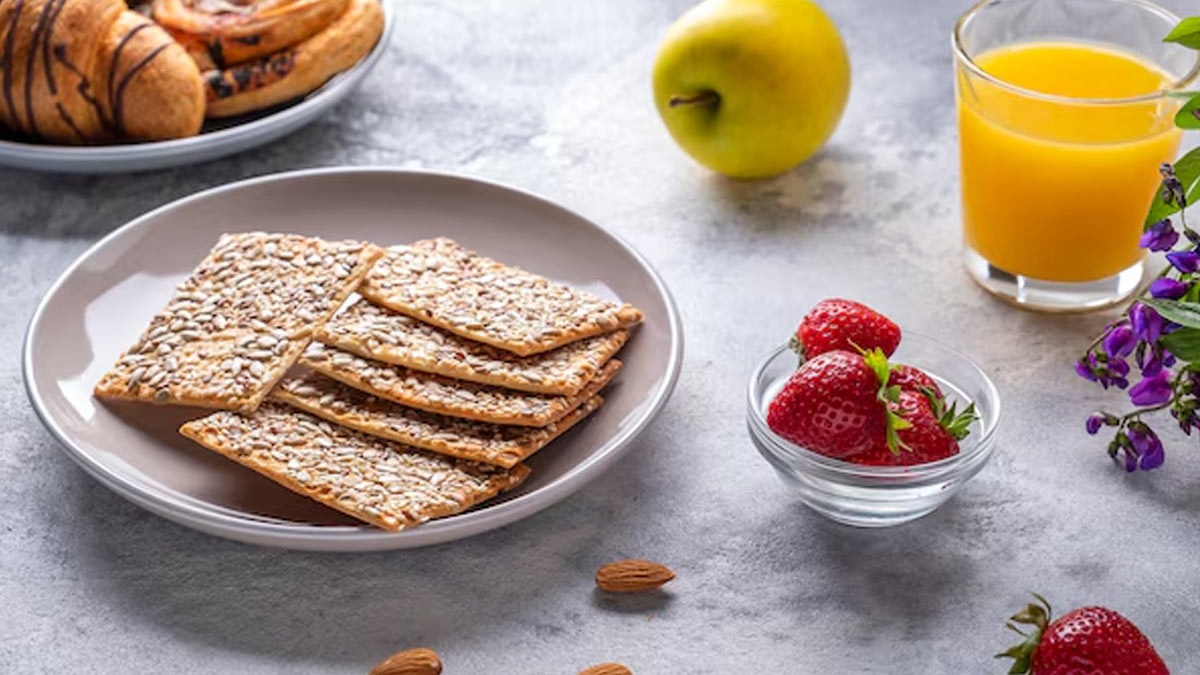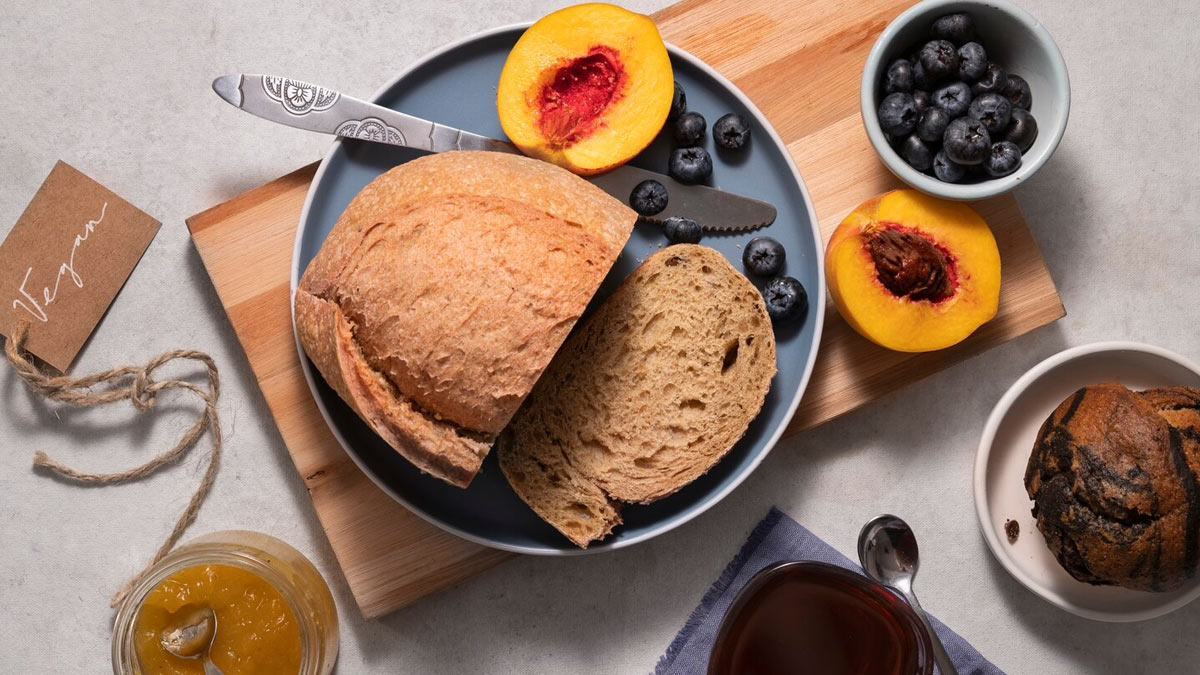
From paranthas and rotis to rava and daliya, Indian households offer a variety of wholesome breakfast options. These meals are not only delicious but also generally safe and healthy for most people.
Table of Content:-
A common thread among many of these foods, however, is gluten, a protein complex found in wheat, barley, and rye. Gluten is what gives dough its elasticity and structure, making baked and cooked items soft and chewy. For the majority, it poses no harm. But for those with gluten intolerance or coeliac disease, it can cause discomfort and health issues.
This National Nutrition Week 2025, which is observed every year from September 1-7, OnlyMyHealth brings to the forefront some of the most common questions people have about nutrition and everyday diet. One common doubt is: should we be concerned about starting our day with gluten-rich foods at all, regardless of whether we are gluten-intolerant or not?
Also Read: Silent Coeliac: No Symptoms, But Hidden Health Risks To Watch Out For
Does Eating Gluten In The Morning Affect Your Body?

Divya Achrekar, Deputy Manager of Clinical Nutrition and Dietetics at Narayana Health SRCC Children’s Hospital, Mumbai, says, "Eating gluten in the morning does not inherently impact digestion or energy levels differently than consuming it at other times of the day for most individuals." "The body’s ability to digest gluten remains consistent throughout the day."
On the other hand, eating gluten in the morning can negatively affect individuals sensitive to it, triggering symptoms like fatigue, bloating, headaches, and digestive issues, even if the timing of the meal isn't the primary factor but rather the body's underlying sensitivity.
While not harmful to everyone, gluten can cause inflammation, hinder nutrient absorption, and provoke autoimmune responses in people with coeliac disease or Non-Coeliac Gluten Sensitivity (NCGS), leading to a range of symptoms that vary from person to person.
Is It Safe to Include Gluten For Breakfast?

According to Achrekar, it is generally safe to consume gluten for breakfast and can be part of a balanced diet, as long as you are not intolerant to gluten.
"Gluten itself does not pose health risks for most people, and foods with gluten often provide important nutrients like complex carbohydrates, fibre and B vitamins," she shares.
However, it is important to note that gluten itself has no general health benefit; any health improvements on a gluten-free diet often result from avoiding processed foods, which are high in sugar, fat, and salt.
However, remember that a gluten-free diet is crucial for individuals with coeliac disease or NCGS to prevent damage and alleviate symptoms.Research also suggests that avoiding gluten can be detrimental to people without these conditions, increasing heart disease risk and leading to nutritional deficiencies.
Gluten-Containing Foods That Are Healthy
Healthy gluten-containing Indian breakfast options include:
“Whole wheat-based foods like chapati, upma, sheera, bread, daliya and paratha are made from wheat, which provides good fibre and essential nutrients. However, many gluten-free Indian breakfasts like ragi dosa, idli or moong dal chilla can be equally nutritious when prepared thoughtfully.”
Also Read: Non-Celiac Gluten Sensitivity: When The Tests Are Negative But Symptoms Persist
Who Should Avoid Gluten Completely?

“Individuals diagnosed with gluten allergy or coeliac disease must strictly avoid gluten at all times, because gluten triggers an autoimmune response that damages the small intestine and leads to serious health complications,” warns Achrekar.
She adds, “People with non-coeliac gluten sensitivity intolerance may also benefit from avoiding gluten if they experience symptoms like bloating, fatigue, or digestive discomfort after consuming it.”
Conclusion
Gluten is a protein complex found in wheat, barley, and rye, common ingredients in most Indian breakfasts. While those who have gluten sensitivity or intolerance or suffer from conditions like coeliac disease should completely avoid it, it is generally safe for those who have none of these issues. However, starting your day with a balanced diet is crucial, which is why having only gluten-based products may not suffice. Consult a doctor or a nutritionist to plan your diets throughout the day.
Also watch this video
How we keep this article up to date:
We work with experts and keep a close eye on the latest in health and wellness. Whenever there is a new research or helpful information, we update our articles with accurate and useful advice.
Current Version